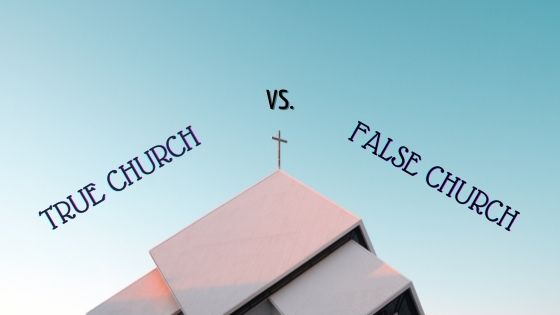Recognizing a True Church
There are true and false churches. How do we recognize a true church? But what makes a church true or false? Is it possible that a group of people who claim to be Christians does not exhibit the qualities of a true church? In the early centuries of the Christian church, the idea of a … Read more

